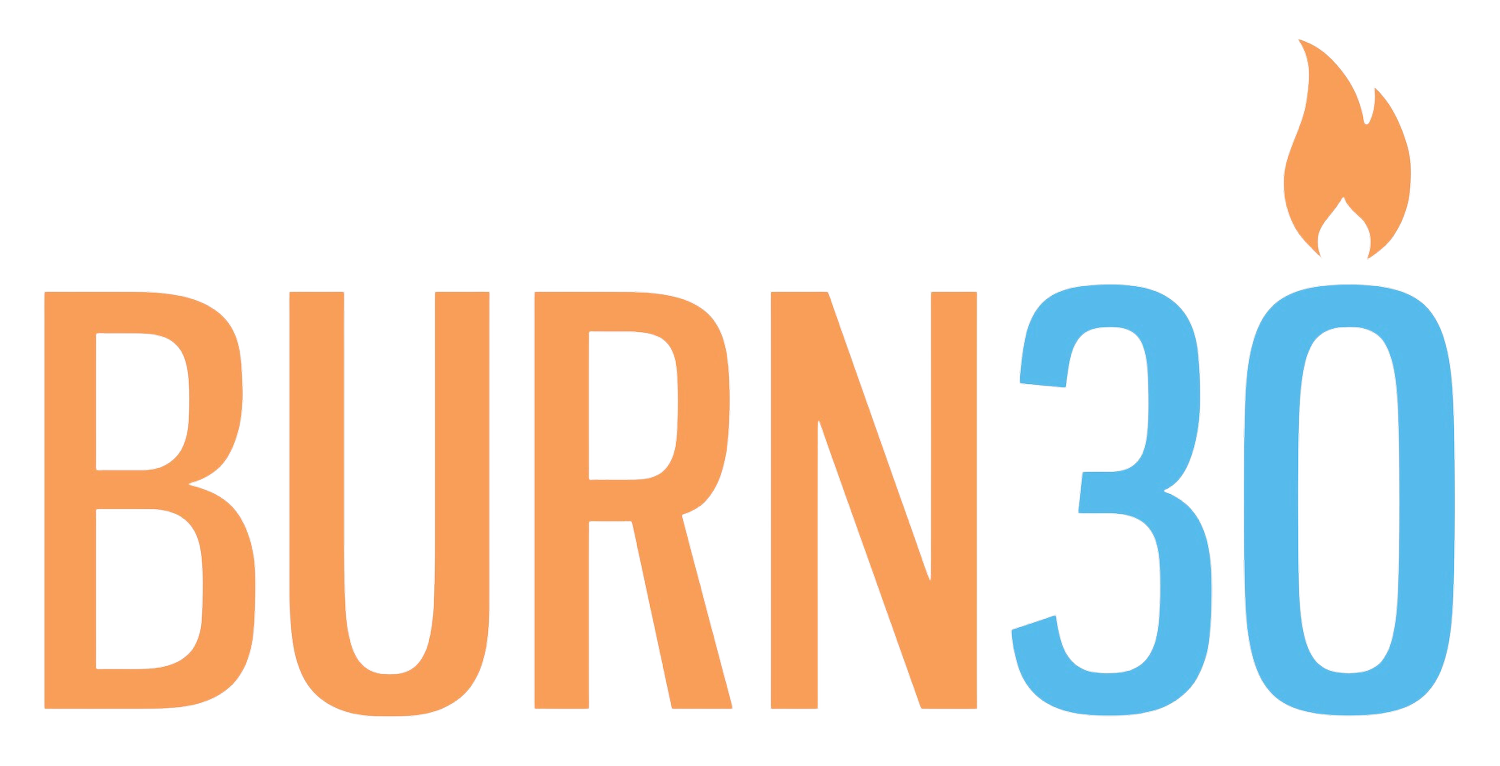Importance of Rest Days
Most people know and understand the importance of exercise. Equally as important is rest and recovery. Like many things in life, exercise is all about balance.
But how do you know you need a rest day? When should you be taking one? What qualifies as “rest”? Today we’re going to talk all about it!
Why should you take a rest day?
To Avoid Injury: Taking regular rest days are important for making sure you don’t overtrain. When your body is fatigued and overworked, you are more likely to lose your form which could cause injury. Overtraining can also lead to repetitive stress and strain on the muscles, making it more likely to get overuse injuries.
To Maximize your Training Time: When you aren’t taking enough rest, it can be difficult to find the energy to do your normal workouts. Training when overly sore and tired can mean decreased performance overall – which means likely reduced endurance and poor dexterity. Resting properly does the opposite! You’ll have more energy to give towards those tough workouts.
To Build Long-term, Sustainable Habits: If you’re just starting off on your fitness journey, it’s important to incorporate rest days. If you overdo it right out the gate, you could injure yourself and take an unplanned rest for much longer than you’d like. Working out constantly with no breaks can also lead to burnout. It’s much more sustainable to create a schedule that works for you and incorporates days off when you need it.
What are some telltale signs you need a rest day?
Fatigue and exhaustion
Extremely sore muscles
Pain
Reduced performance
Trouble sleeping
What should you do on a rest day?
It is perfectly ok on a rest day to just rest! Focus on getting enough water and plenty of sleep. You can also focus on other hobbies you enjoy and spend time with the family.
If you have a little energy, but still need rest, you can incorporate some light, low impact exercise to keep yourself moving. Exercises could include walking the dog, stretching, yoga, or gentle bike riding.
Overall, the most important thing is to listen to your body and do what is best for you!

